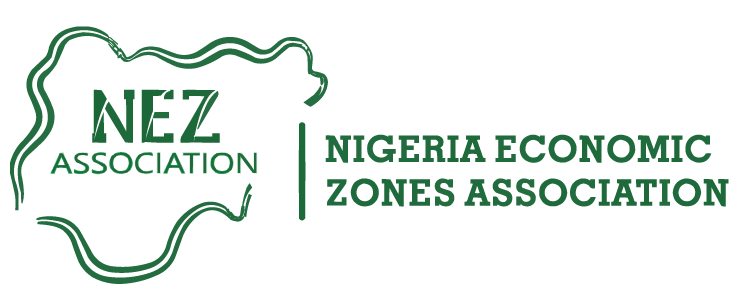The Nigeria Economic Zones Association (NEZA) has commended the federal government for enacting the Nigeria Tax Act, 2025, and the Nigeria Tax Administration Act, 2025, describing the move as a step towards strengthening fiscal transparency and revenue assurance.
However, the association cautioned that certain provisions in the new laws could severely undermine the competitiveness of Nigeria’s special economic zones (SEZs) and Free Trade Zones (FTZs) if not carefully reviewed through constructive dialogue with stakeholders.
NEZA noted that, while the reforms aim to boost tax collection, they risk eroding investor confidence, threatening more than 100,000 direct jobs, triggering capital flight to rival African economies, and raising consumer costs.
“At a time when Nigeria should be consolidating its leadership under the African Continental Free Trade Area (AfCFTA), policies that weaken the free zone scheme could inadvertently shift competitive advantage to neighbouring economies,” the association warned.
According to NEZA, the new provisions have created deep uncertainty among operators. For the first time, even companies that export 100% of their output from the zones could be subject to taxation, undermining the free zone framework that traditionally exempts such firms.
Nigeria’s free zones sustain over 100,000 direct jobs, with thousands more supported indirectly through supply chains. A dip in investor confidence would put these jobs at risk. Investors may relocate to countries with friendlier regimes but still access Nigeria’s market duty-free under AfCFTA rules. Taxing domestic sales from the zones could push up prices for Nigerian consumers.
Section 57 of the new Tax Act nullifies earlier exemptions for export-oriented FTZ enterprises, drawing in more companies into the tax net.











